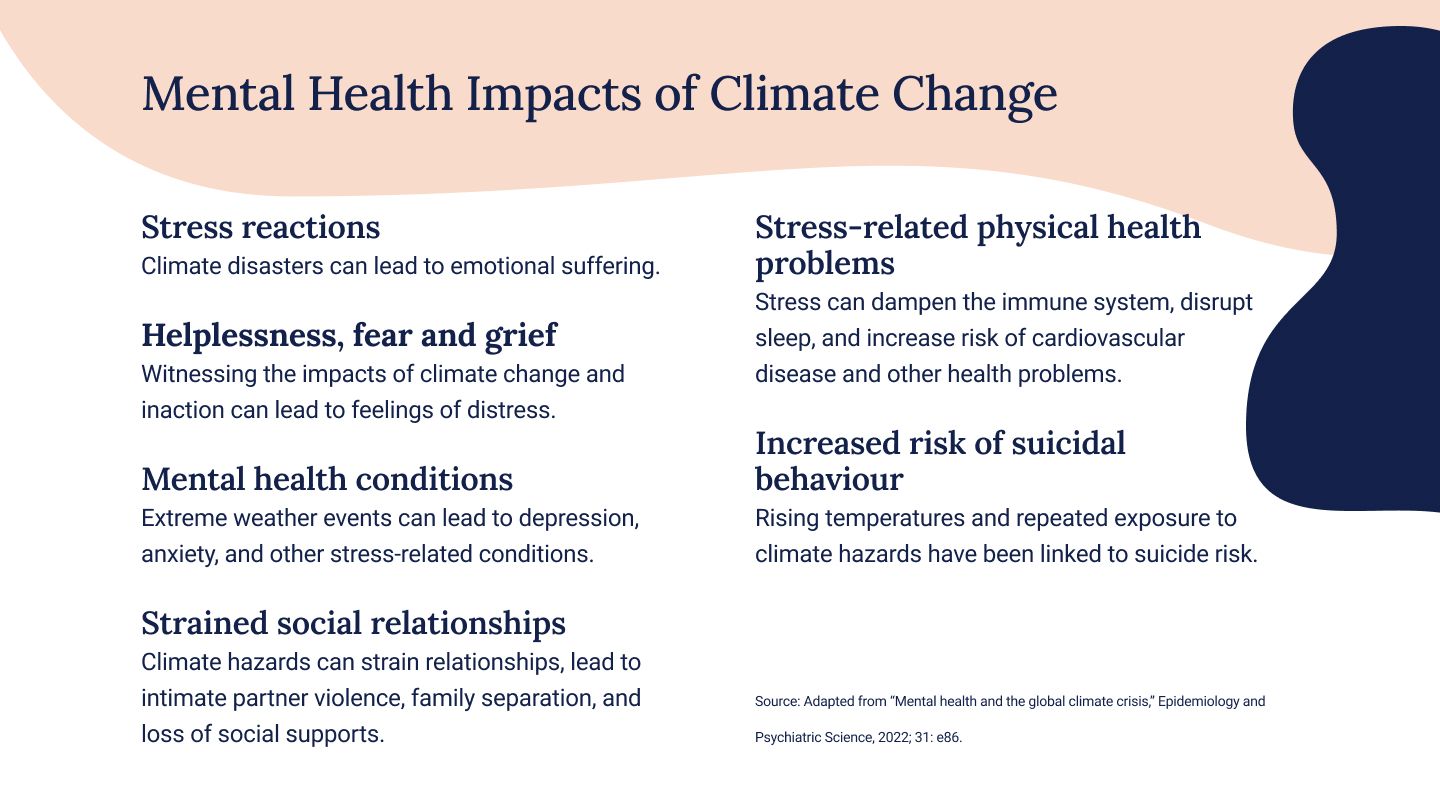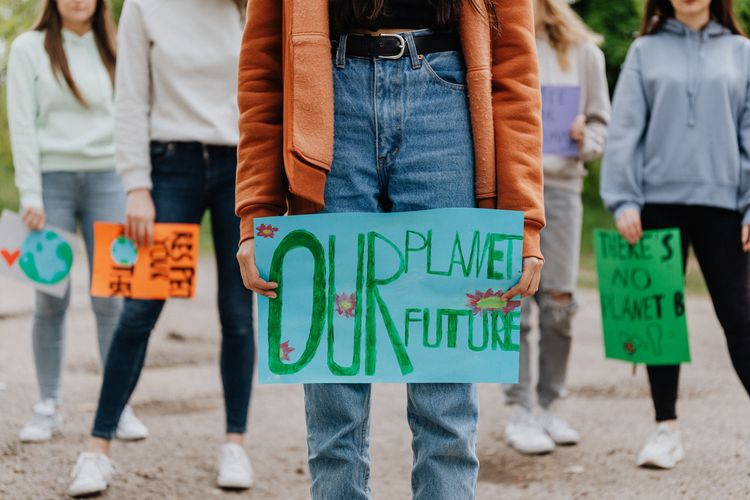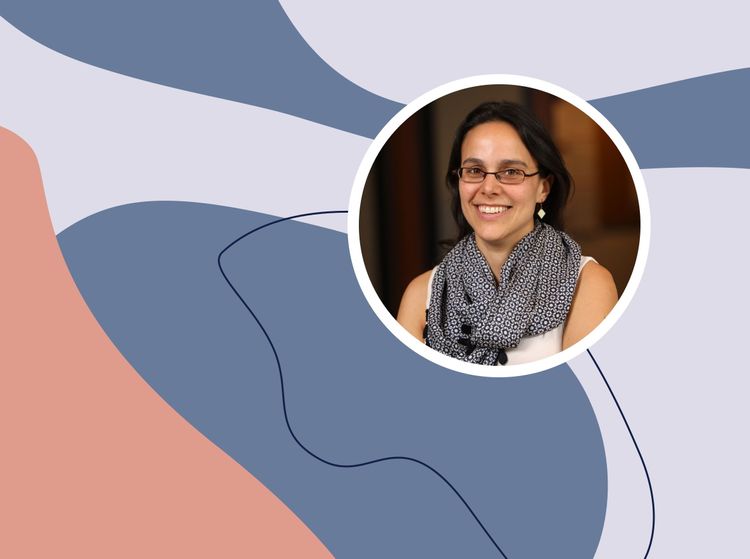
Climate change and women's health are deeply entwined. As climate-related disasters – wildfires, floods, hurricanes, extreme drought – escalate globally, they amplify existing social, cultural, and economic inequalities that threaten women's mental and physical health by hindering access to healthcare, education, and livelihood.
The climate crisis is predominately viewed as an environmental issue. However, a growing body of research is revealing that it is also a gender and social equality issue. Societal structures like colonialism, racism, and patriarchy are some of the main drivers of the climate crises, according to Caroline Hickman, a climate psychologist at the University of Bath in the United Kingdom, and help explain why it is not felt uniformly around the world.
"The climate crisis is a complex systemic problem of injustice," she says. "People of color, women, and children are among the most vulnerable, but also the least responsible for causing carbon emissions or making decisions that'll dictate our collective future."
To solve this crisis, we must disentangle how climate change makes women more vulnerable and advocate for urgent action that centers women's voices and needs.
How climate change affects women's brain health
Women's mental and physical health is at disproportionate risk from climate change impacts like heatwaves, flooding, and air pollution. And while research into the effects of climate change on the brain is still in its infancy, the evidence is worrisome, suggesting the climate crisis is having a cascade of detrimental effects on mood, emotions, and cognitive abilities.
For example, recent research on cognition and brain function in the aftermath of a life-threatening natural disaster shows that anxiety, depression, and post-traumatic stress disorder (PTSD) are prevalent among members of affected communities.
Though these climate-induced stressors impact people of all ages and genders, they work as a "threat multiplier" for historically marginalized groups within a community who typically encounter trauma and inequities at a higher rate. For example, barriers like poverty, food insecurity, and limited access to health care are further intensified after a climate disaster, contributing to higher rates of stress disorders among women.
Women's physical health also bears the brunt of climate change. During natural disasters, they are more vulnerable to gender-based violence. And exposure to air pollution, heat waves, and waterborne diseases, such as Zika virus, malaria, and dengue, has been linked to premature births, miscarriages, and worsening health outcomes.
How to take climate action for your mental health
There isn't one simple way to protect the minds and bodies of women from climate change. Still, research has shown that channelling our emotions into actions could buffer some of the adverse mental health impacts. So, if climate change is weighing on your health, join a women's climate advocacy organization or find other ways to get involved in collective action, such as:
- Participating in climate-related events and protests
- Taking on a leadership role in addressing climate change in your community
- Raising awareness of the climate crises by starting a discussion around you
What gender-focused climate action looks like
Gender equity and empowerment have been left out of the climate response and efforts to build climate resiliency. However, achieving climate justice requires putting women, communities of color, and marginalized groups at the heart of climate action.
Here are some inspiring examples of organizations shining a spotlight on the gender gap in climate action and its downstream effects:
- Women's Environment & Development Organization: A global women's rights advocacy organization that tracks gender equity in climate policy around the world
- EmpoderaClima: A youth-led initiative maintaining a multilingual database of resources on gender equity and climate change
- Women's Earth & Climate Action Network: A collection of empowering stories and case studies about the lives of women at the forefront of climate solutions
- Women Leading on Climate: A global initiative supporting women pursuing climate solutions
- The Women's Environmental Leadership Fund: A fund supporting BIPOC women at the forefront of climate justice
- Climate Mental Health Network: An organization recognizing climate and mental health as an intersectional issue and providing resources for emotional resilience
Subscribe to our newsletter
Get a weekly roundup of articles, inspiration, and brain health science in your inbox. Subscribe now.



